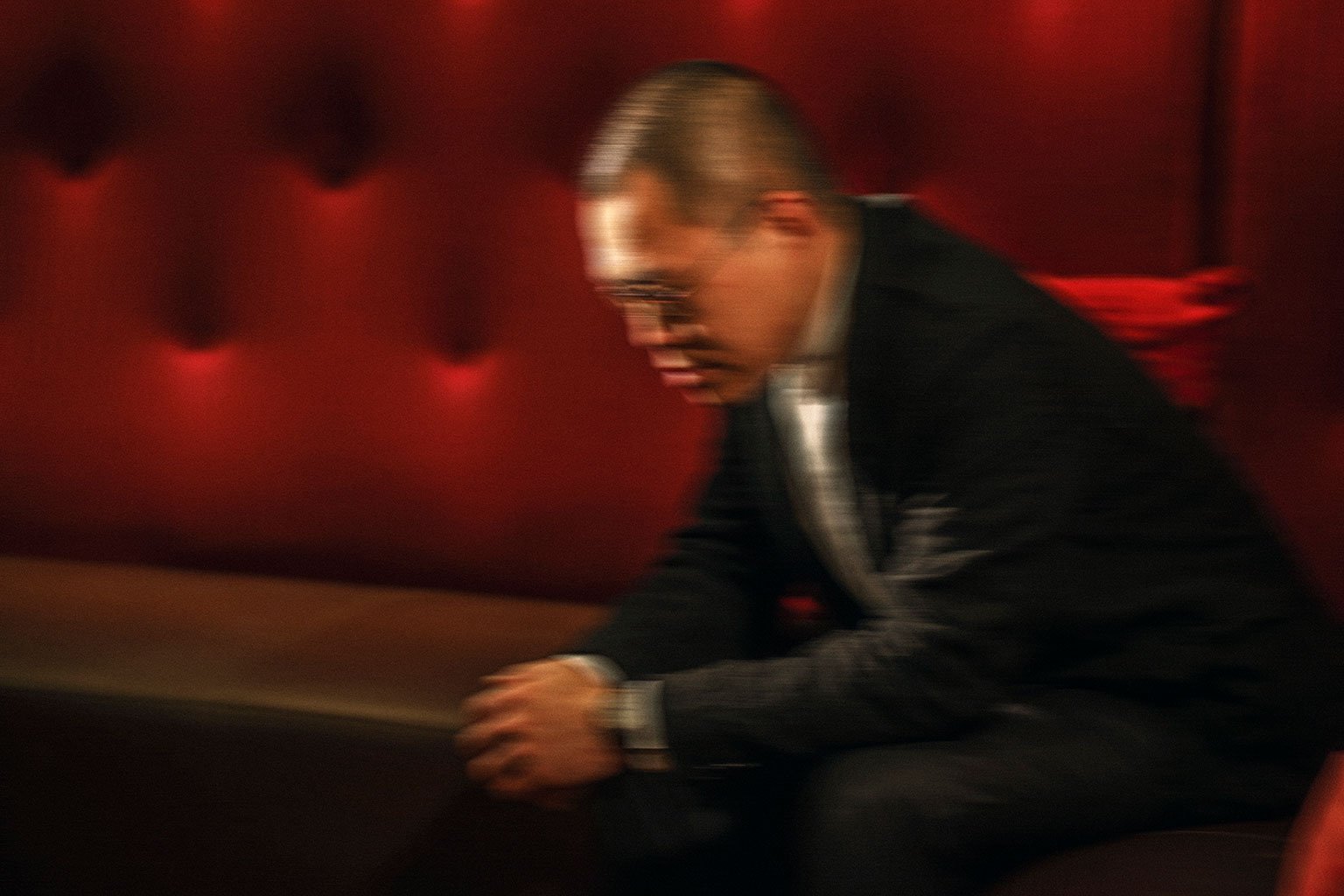Li Wenliang, the doctor who was one of eight people detained by police for “spreading rumors” in December in relation to a new virus that we now know as 2019-nCoV, has died after contracting the novel coronavirus himself. Li was 34 and leaves behind him a young child and pregnant wife. His death, and the initial treatment of his attempts to raise the alarm by the authorities, has led to an outpouring of emotions on Chinese social media and beyond.
After conflicting media reports and confusion on his condition in the early hours of the morning, Li’s passing was confirmed at 3:48AM by The Central Hospital of Wuhan (link in Chinese). “There are no falsehoods in heaven,” wrote one of the most upvoted comments on the hospital’s post confirming the news on microblogging site Weibo.
Other social media reactions have been more direct, with a mixture of anger and grief flooding platforms such as Weibo and WeChat.
While hashtag ”we want freedom of speech” got censored, ”we DEMAND freedom of speech” started trending.
The popularity of the topic began to surge from 6 am in China, around when the other hashtag got censored. It got ~3 million views. h/t @shenlulushen
Now it’s also censored. https://t.co/YcLr79kXZV pic.twitter.com/Lc7fhpSGUc
— Muyi Xiao (@muyixiao) February 7, 2020
Numerous social media posts made use of coded terms and slang, often the tools of Chinese netizens when hoping to evade close attention. Some simply read “明白” “Understood” in reference to how Li was reportedly coerced to respond after authorities told him, “We hope you can calm down and reflect on your behavior. We solemnly warn you: If you keep being stubborn, with such impertinence, and continue this illegal activity, you will be brought to justice — is that understood?” Li had shared concerns over a “new pneumonia” with colleagues on WeChat.
As Friday morning wore on, sensitive comments began to disappear and a number of related hashtags appeared to be removed from “top trending” lists on platforms such as Weibo. Expressions of pure sorrow were largely left untouched, including this image of the message “Farewell Li Wenliang” written in the snow in Beijing:

Around 10.30am, the Wuhan government issued a short statement (link in Chinese) reading, “Dr. Li Wenliang, from Wuhan Central Hospital, died of a new type of pneumonia. We deeply mourn and regret! We would like to pay homage to his persistence in fighting the epidemic and express sincere condolences to his family!” A trending hashtag calling for the local government to apologise to Li for his detention can now no longer be found on Weibo, though by early afternoon it was announced that the Party’s central anti-corruption authorities would be investigating Li’s death. Many netizens have also taken to calling on the US government to nominate Li for a Nobel Peace Prize.
Wuhan mayor Zhou Wenxiang admitted in late January that public information about the virus should have been released earlier. Since mid-January, the Chinese government has been keen to be seen to be taking all action necessary to control the spread of the novel coronavirus. Initiatives have included limitations on transport across the country, the effective quarantining of entire cities in Hubei province including the virus epicenter Wuhan, and the building of a number of makeshift medical facilities in as little as 10 days.
In addition, there has been some outstanding journalism on the health crisis from outlets such as Caixin, which ran an interview with Li on January 30. There have also been repeated reports and praise in mainstream media regarding the everyday heroism of the doctors and hospital staff on the frontlines of the coronavirus fight. Li Wenliang was of course one such professional, just trying to do his job. “Just a normal person, like you and me,” as one post puts it. That, in part, is why his loss is being felt so keenly across the country.
Cover image: A widely-circulated picture of Dr Li Wenliang from Chinese social media with a caption reading “Epidemic fighting hero Li Wenliang”


















